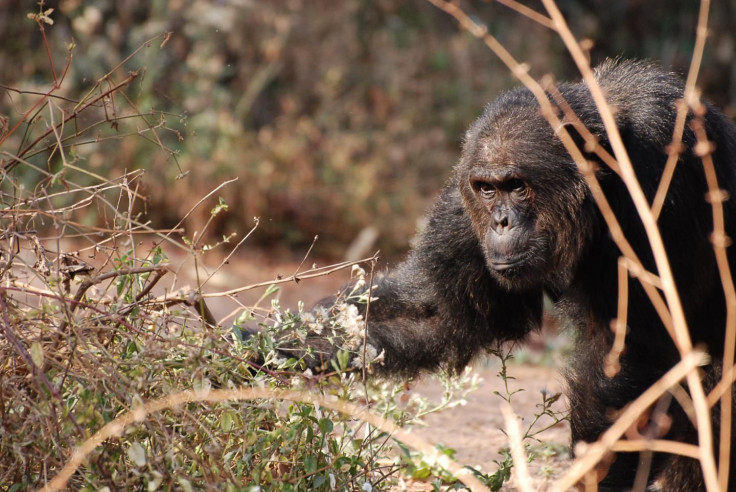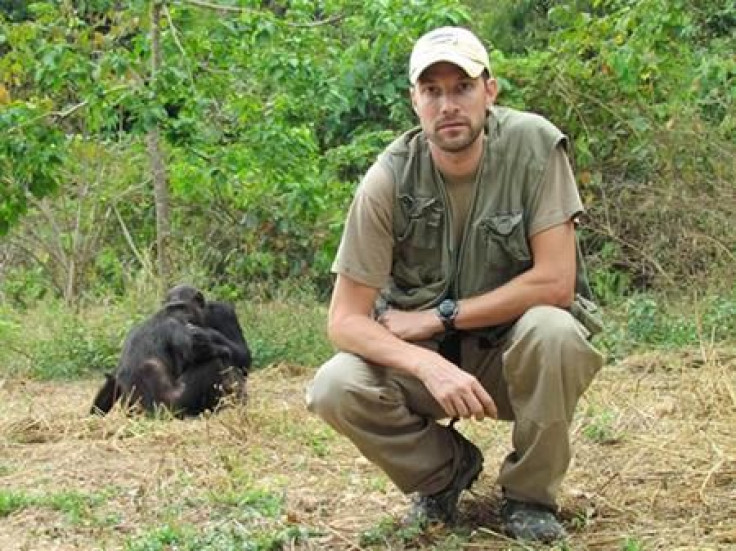Sexual Intimidation All The Time Leads To More Sex, More Offspring For Aggressive Male Chimps

“No” apparently doesn’t mean “no” in the world of chimpanzee sex. A study of chimps at Gombe Stream National Park in Tanzania found the more aggressive a male chimp was toward a female, the higher the probability he would sire offspring. But the researchers caution the results don’t necessarily translate to sexual aggression in humans.
The aggression ranged from chasing and thrashing vegetation to serious physical attacks that included biting and hitting.
“Unfortunately, it’s true [more aggressive males father more offspring],” Anne Pusey, chair of evolutionary anthropology at Duke University, said in a EurekAlert release. “But it does help us explain the pattern of male aggression we’ve seen between males and females in more than 50 years of observation.”
The study, to be published Monday in Current Biology, found high-ranking males were the most successful in employing a strategy that included aggression outside peak sexual receptivity among females. It’s more a matter of sexual intimidation rather than forced sex, said Ian Gilby, an assistant professor at the School of Human Evolution and Social Change, which is affiliated with the Institute of Human Origins at Arizona State University.

“Sexual coercion works for chimpanzees because females mate promiscuously with most of the males in their group during each cycle, leaving males with an incentive to try to constrain female choice,” graduate student Joseph Feldblum said. “But the system that favors male coercion in chimpanzees is less prevalent in humans. Long-term aggression increased paternity success. Males that showed more aggression toward females during nonswollen [unreceptive] periods were more likely to achieve paternity of those females' infants, and this held most true for the highest-ranking males.”
An earlier study at Kibale Forest National Park in Uganda found males that attacked certain females mated more often than other males and were actively pursued by females at the peak of their fertility cycle.
“We should be careful not to jump to conclusions [about the origins of sexual violence in humans],” Gilby said in a release. “Chimpanzees are one of our closest living relatives, but 7 million years of evolution separate us, and our mating systems are very different. Nevertheless, recognizing the adaptive value of male-female aggression in chimpanzees may inevitably help us to understand, and hopefully prevent, similar behavior among humans.”
The researchers examined 16 years of daily observational data at the Jane Goodall Institute Research center at Duke University. The researchers also analyzed DNA collected from fecal samples since the mid-1990s to determine the paternity of 31 infants.
© Copyright IBTimes 2024. All rights reserved.












